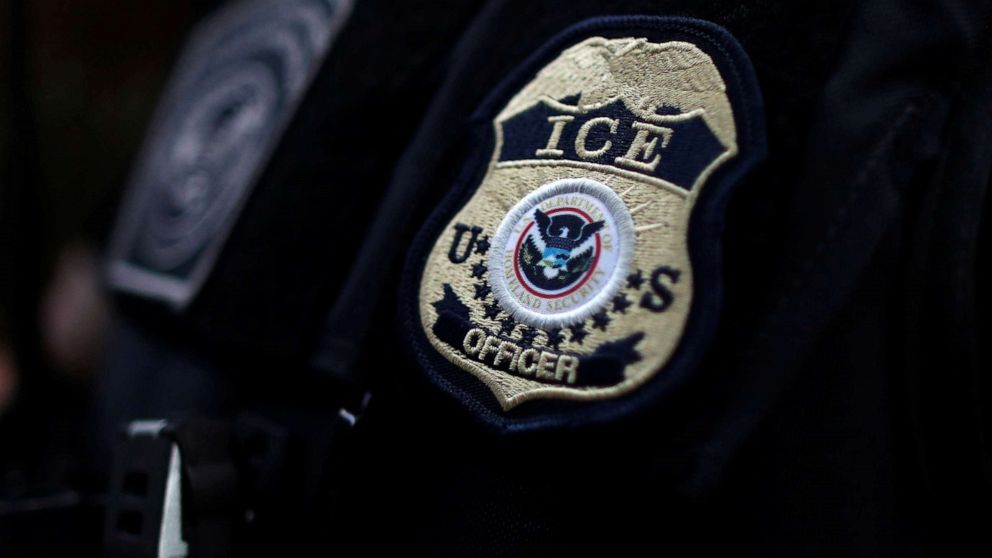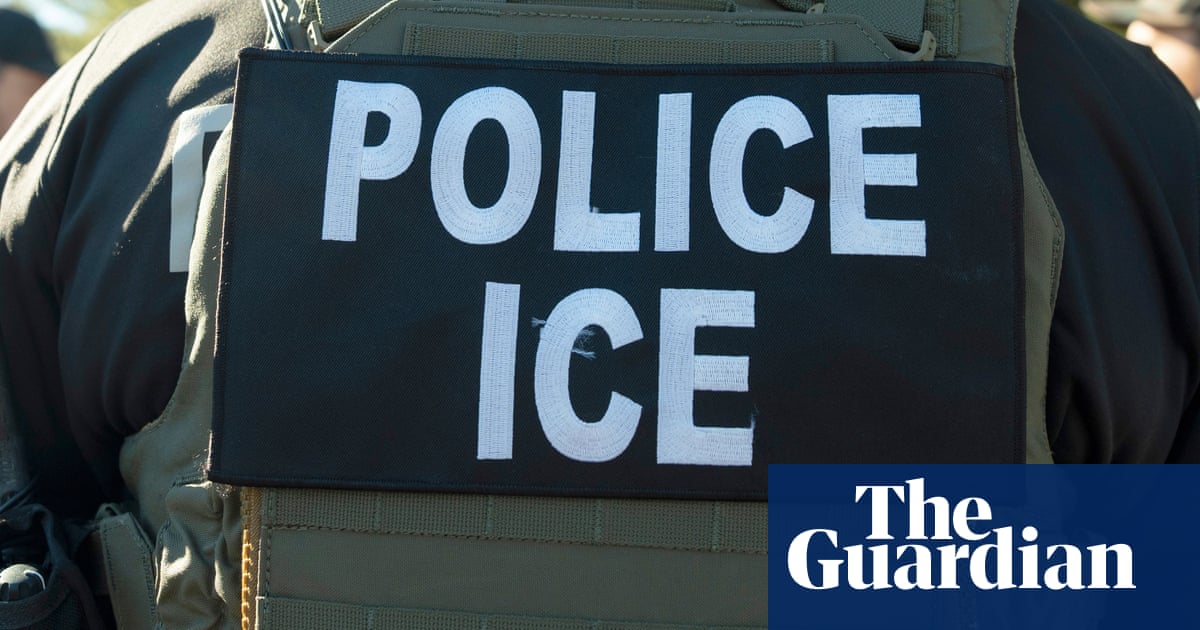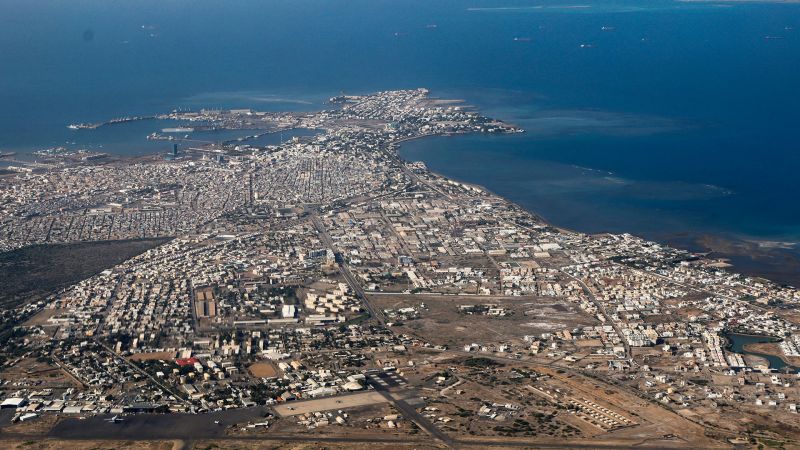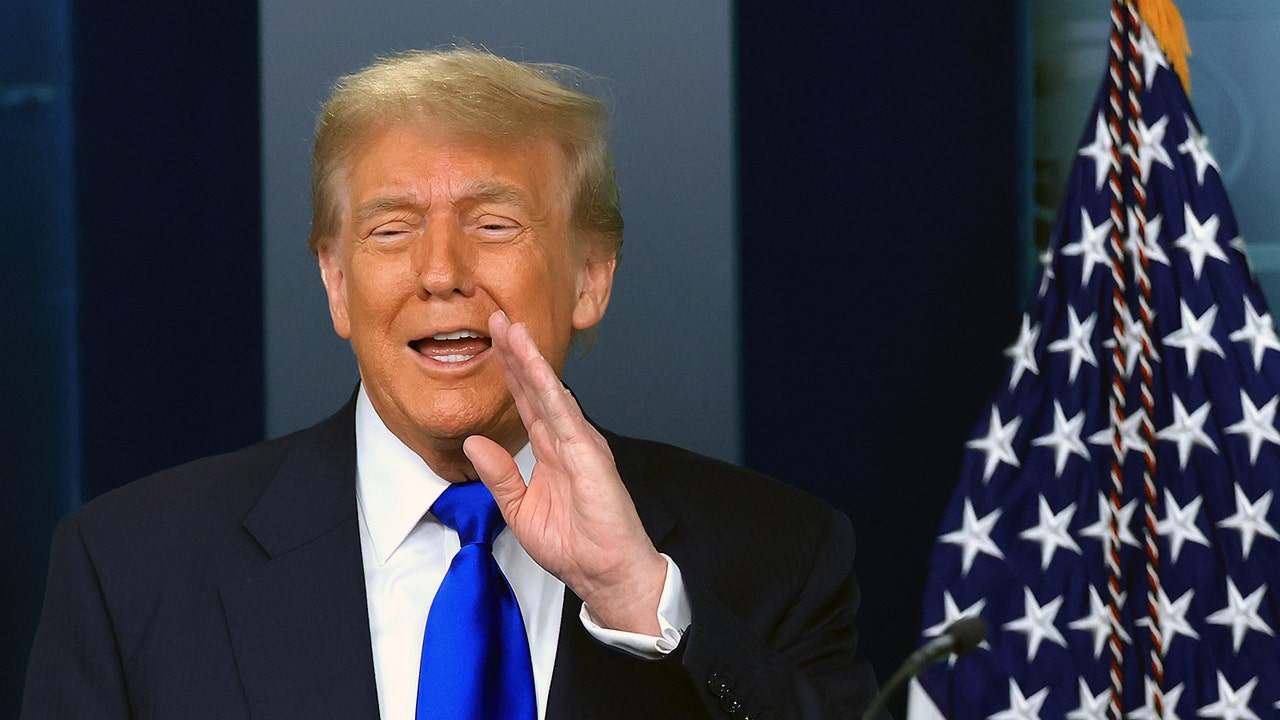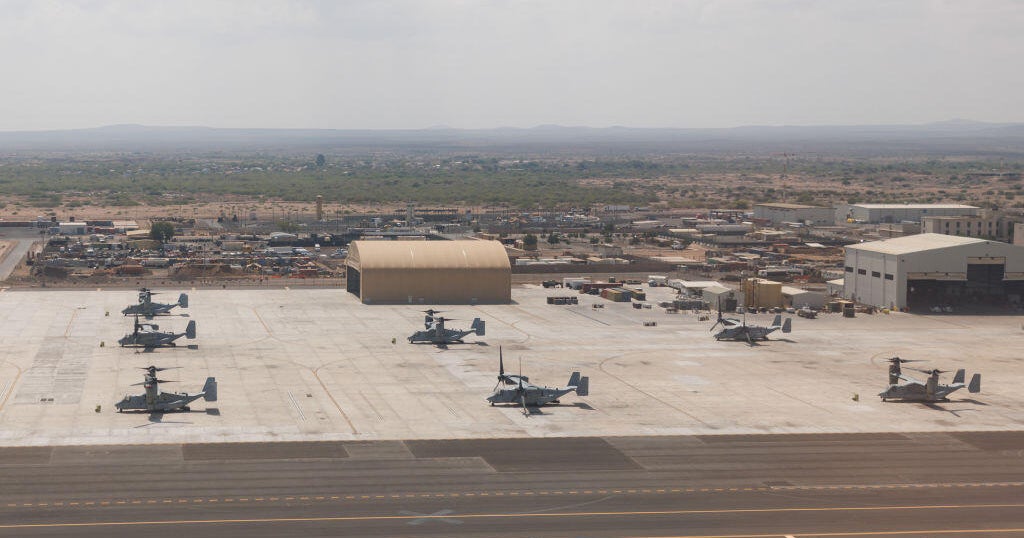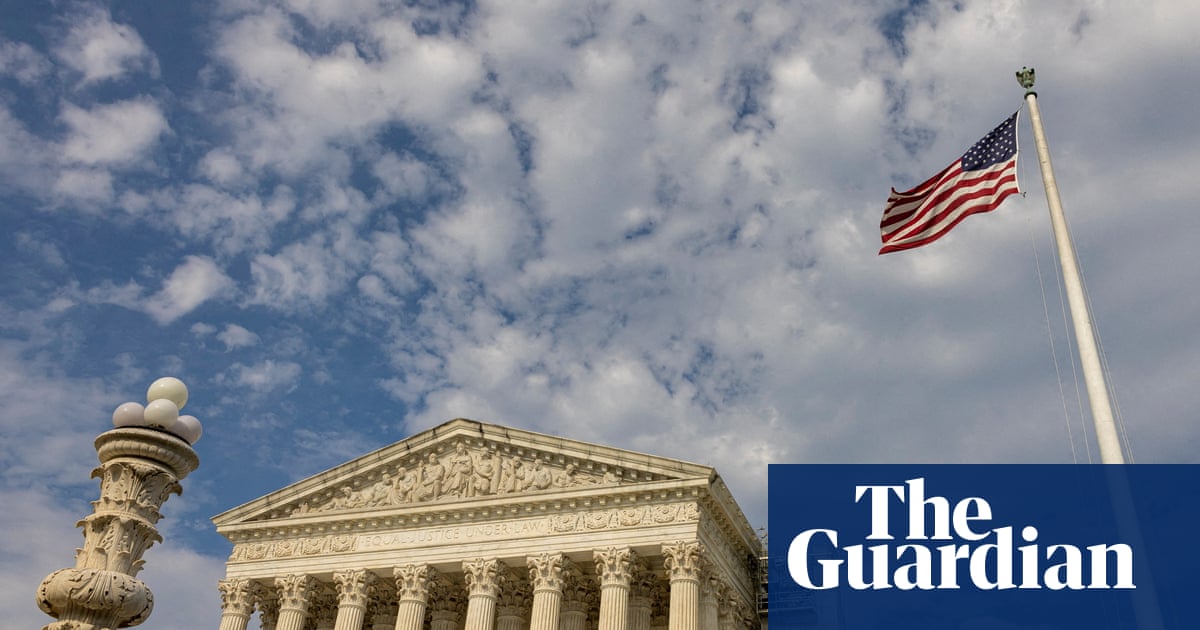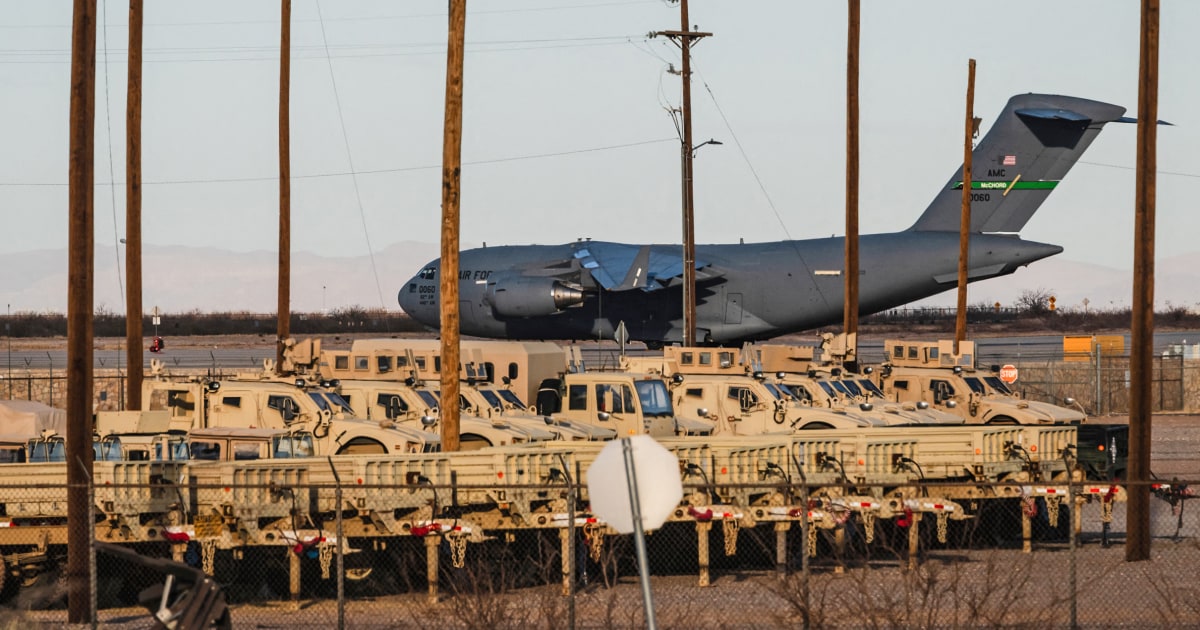Supreme Court Ruling Leads to Controversial Deportations to South Sudan
The Supreme Court's decision enables deportations to South Sudan, resulting in the removal of eight men with violent criminal backgrounds amid safety concerns.
Subscribe to unlock this story
We really don't like cutting you off, but you've reached your monthly limit. At just $5/month, subscriptions are how we keep this project going. Start your free 7-day trial today!
Get StartedHave an account? Sign in
Overview
- The Supreme Court upheld the Trump administration's authority to deport migrants, including eight men to South Sudan, despite ongoing legal challenges.
- Eight men, convicted of violent crimes, were deported after being held at a U.S. military base in Djibouti during legal proceedings.
- The deportations have raised safety concerns due to South Sudan's ongoing civil war and lack of ties for the deportees.
- The State Department advises against travel to South Sudan, highlighting security threats and armed conflict in the region.
- Despite lower court injunctions, the Supreme Court's ruling allows the administration to proceed with deportations, igniting legal controversy.
Report issue

Read both sides in 5 minutes each day
Analysis
Center-leaning sources frame the deportation of the eight men as a contentious legal battle, highlighting judicial interventions and the complexities of due process. They express concern over the administration's actions, emphasizing the need for fair legal proceedings while acknowledging the men's criminal backgrounds, reflecting a nuanced perspective on immigration enforcement.
Articles (22)
Center (8)
FAQ
The Supreme Court allowed the Trump administration to proceed with deportations of migrants to South Sudan, lifting lower court injunctions that had required additional due process before such removals.
Eight men convicted of violent crimes were deported to South Sudan. The deportations are controversial due to concerns about their safety given South Sudan's ongoing civil war, lack of ties to the country, and warnings from the U.S. State Department against travel to South Sudan.
Lower court rulings required the government to provide due process and ensure deportees were not sent to countries where they might face torture, but the Supreme Court's ruling paused those requirements, allowing the deportations to proceed.
The Trump administration stated in court filings that South Sudanese officials assured that the deportees would not face torture upon their return, although critics remain concerned about their safety.
Critics, including some Supreme Court justices in dissent, have called the deportations "punitive and unconstitutional," arguing that the deportees were denied due process and sent to a dangerous country despite safety concerns.
History
- 4M

 5 articles
5 articles
- 4M

 5 articles
5 articles
- 4M

 9 articles
9 articles


